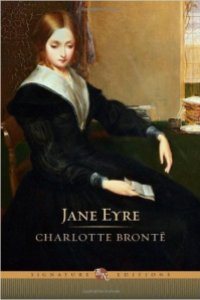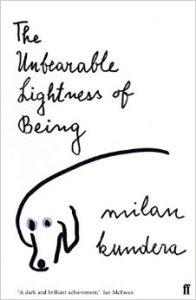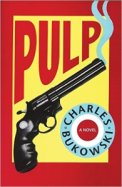Gender, Identity and Fishermen @ BYOB Party in May 2018 (Part 9)
 Bhavish spoke about Shikhandi by Devdutt Pattanaik. This book has been the subject of a couple of our previous BYOB Parties. Bhavish appreciated the way Pattanaik explored queerness in Indian mythology, revealing how Indians were remarkably casual about gender fluidity and the entire spectrum of gender at one time. The book is a series of short chapters with an explanation that follows and illustrations to match. A lot of accepted norms have been shattered. Take the story of the king who refused to heed his wife’s advice and realized later that he accepted her advice when she had taken a hermit’s form, the moral being that the source of wisdom is not necessarily reserved for one gender only. The conversation veered to Section 377, Victorian ethics and people’s complete ignorance of examples of queerness within their own culture. “Perhaps it was glossed over as the primary narrators of the great epics that explored queerness as well were our grandparents,” Bhavish said.
Bhavish spoke about Shikhandi by Devdutt Pattanaik. This book has been the subject of a couple of our previous BYOB Parties. Bhavish appreciated the way Pattanaik explored queerness in Indian mythology, revealing how Indians were remarkably casual about gender fluidity and the entire spectrum of gender at one time. The book is a series of short chapters with an explanation that follows and illustrations to match. A lot of accepted norms have been shattered. Take the story of the king who refused to heed his wife’s advice and realized later that he accepted her advice when she had taken a hermit’s form, the moral being that the source of wisdom is not necessarily reserved for one gender only. The conversation veered to Section 377, Victorian ethics and people’s complete ignorance of examples of queerness within their own culture. “Perhaps it was glossed over as the primary narrators of the great epics that explored queerness as well were our grandparents,” Bhavish said.
 Sunil spoke about a book called Identity by Milan Kundera. Unlike Kundera’s usual flamboyant books, Identity is a surprisingly compact book. “To speak about this book, you need to speak about the author first,” Sunil said, “Kundera talks about abstract, disparate and paradoxical ideas like identity, philosophy, perception and friendship. He reminds you of Camus for the simple reason of what reading his books does to you. It shakes you. Take the example of friendship, for instance. Aren’t friends just a mirror? A measure of where you stand when you reminisce upon your place in the world?”
Sunil spoke about a book called Identity by Milan Kundera. Unlike Kundera’s usual flamboyant books, Identity is a surprisingly compact book. “To speak about this book, you need to speak about the author first,” Sunil said, “Kundera talks about abstract, disparate and paradoxical ideas like identity, philosophy, perception and friendship. He reminds you of Camus for the simple reason of what reading his books does to you. It shakes you. Take the example of friendship, for instance. Aren’t friends just a mirror? A measure of where you stand when you reminisce upon your place in the world?”
Makes you want to read the book, doesn’t it?
 I added to the list of sad and powerful books by talking about The Fishermen by Chigozie Obioma. Compared to none other than Chinua Achebe, Obioma is a master craftsman who does a good job of exploring the Nigerian cultural landscape using the lens of one family in particular. Benjamin narrates the story of his mother, father who is always away and his three brothers. The story speaks about a country broken into two because of staunch belief systems- one of Christianity and the other the shamanistic reality that pervades all of Africa. When the children visit the forbidden river, they meet a shaman who predicts a horrible death for one of the brothers. This self-fulfilling prophecy is enacted on the pages with so much life force. Obiama combines African folklore and regular prose effortlessly. Read it.
I added to the list of sad and powerful books by talking about The Fishermen by Chigozie Obioma. Compared to none other than Chinua Achebe, Obioma is a master craftsman who does a good job of exploring the Nigerian cultural landscape using the lens of one family in particular. Benjamin narrates the story of his mother, father who is always away and his three brothers. The story speaks about a country broken into two because of staunch belief systems- one of Christianity and the other the shamanistic reality that pervades all of Africa. When the children visit the forbidden river, they meet a shaman who predicts a horrible death for one of the brothers. This self-fulfilling prophecy is enacted on the pages with so much life force. Obiama combines African folklore and regular prose effortlessly. Read it.
And with that, we finally come to the end of the BYOB Party in May 2018.

 Sunny started the session with the first book he had ever read.
Sunny started the session with the first book he had ever read.  Another classic we encountered was Milan Kundera’s
Another classic we encountered was Milan Kundera’s  Still on the subject of great writers and their books, Karan had a book by a celebrated author.
Still on the subject of great writers and their books, Karan had a book by a celebrated author.